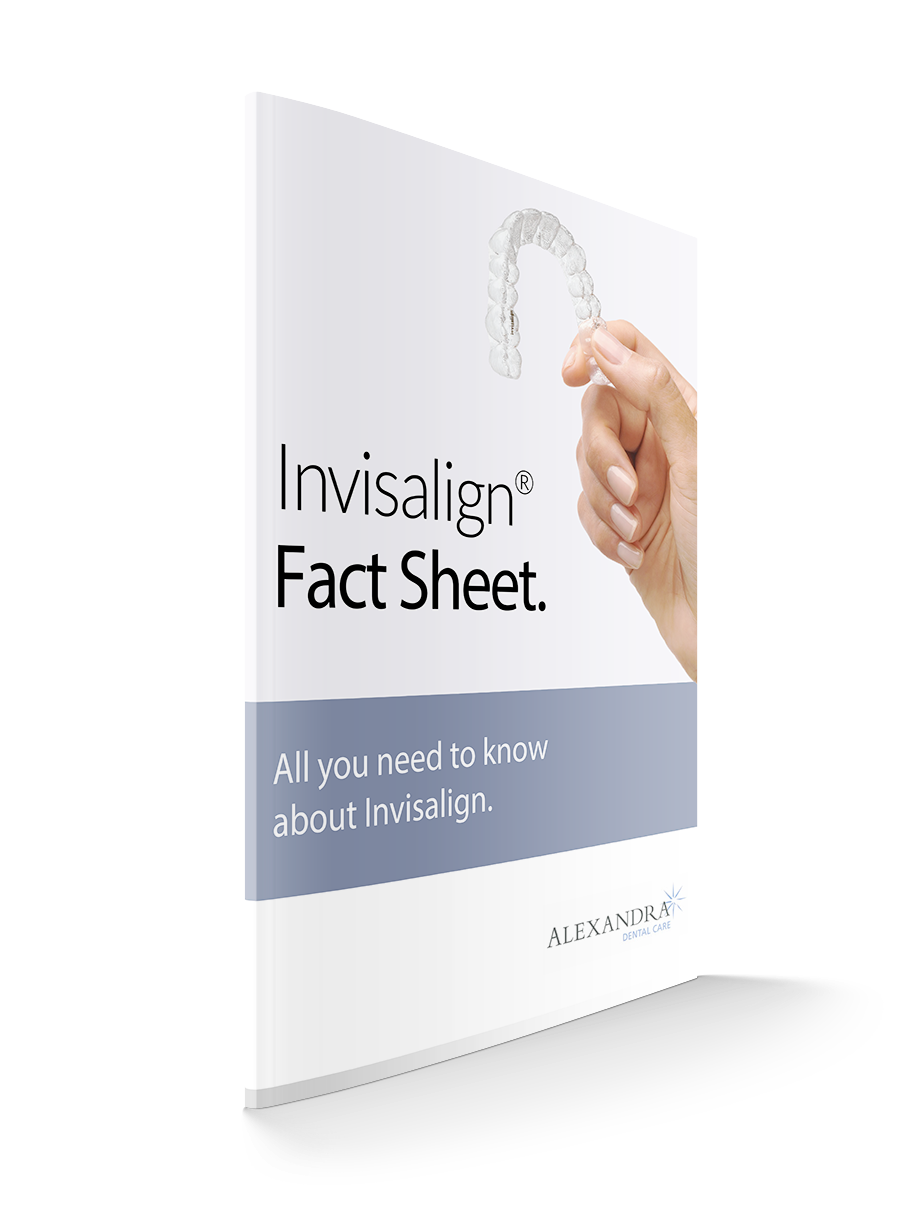How To Deal With Gum Inflammation And Bleeding
These symptoms may be an indicator of potentially progressive problems.
Inflamed and bleeding gums are no fun, and understandably most patients want to deal with this type of dental problem as soon as possible. It is also likely that this could be an indicator of serious problems lurking below the surface that could cause even bigger issues further down the line.
Anyone who has read our Alexandra Dental Care blogs will probably be aware that these are two prominent symptoms of gum disease. At best, it can be uncomfortable and unpleasant when you spit blood into the sink after brushing your teeth. At worst, it can eventually lead to tooth loss, and according to a number of medical studies, a whole host of other serious health issues including heart disease and strokes as well.
Inflamed gums
Before we move on to discuss gum disease, it is worth noting that when inflammation occurs anywhere in the body, something is wrong. For example, if you sprain or even twist your ankle, you will notice some swelling (inflammation) in that area. More severe inflammation is often found in more serious diseases, including some cancers, diabetes and also in Alzheimer’s patients.
Where gums have become inflamed, it is very likely that you have gum disease. This may not only manifest in the oral cavity, but you may also find yourself feeling more tired than usual and also notice other things such as bloating and constipation. Not all, or even any, of these will necessarily be present for everyone, but if you have noticed that your gums are sore and inflamed, you should definitely pay a visit to our Burton and Ashby dentists to have them examined.
Help yourself
Because infections and inflammation are more likely to occur when we feel ‘out of sorts’, it is always a good idea to take a look at how well we are looking after ourselves in general. You should definitely see a dentist if these symptoms arise of course, but you may also want to look at some other aspects of your lifestyle too.
Sleep patterns – Do you get enough sleep at night? Studies say that we should get between seven and nine hours of sleep a night for good health. If you regularly get less than this, you may wish to consider going to bed earlier so that you get enough sleep.
Stress – Most of us seem to have some degree of stress in our lives these days. This is a significant risk factor for our health and it is worth looking at how best to control it. There are many self help books and websites that may help. Simple breathing exercises or meditation techniques are a good place to start and you should also not hesitate to contact your GP if symptoms persist.
Exercise – You don’t have to run a marathon every day. Regular exercise, preferably outdoors so that you can get some fresh air, will help you to relax and also pump oxygen and blood more efficiently around the body. This improved blood supply can help in the fight against gum infections too.
Smoking – If you currently smoke, do make sure to seek out help to stop. Smoking is a major factor in both gum disease and oral/mouth cancers. Your general health may also be at risk with cancers and heart diseases being much more common in smokers than non smokers.
Home dental care – It is easy to become ‘lazy’ about our home oral care regimen. A quick brush to freshen the mouth is not sufficient to keep your teeth and gums healthy. Make sure to use a toothbrush that is no older than three months and use a fluoride toothpaste. Brush twice a day for at least two minutes and we recommend that you time this. Many patients are surprised by how much under that time they have been brushing for!
These recommendations can all help you to improve your general health and help your body to fight off infections. Professional dental care is also extremely important, as is seeing the hygienist. This allows us to check and clean your teeth and gums on a regular basis, giving you the best chance of preventing, or controlling/reversing, gum disease and tooth decay.
If you ignore the advice to seek out professional help when you first notice the problem, things are very likely to get worse and you may need to have an invasive treatment known as a ‘deep clean’. This can help to save teeth which have become affected by periodontitis but it is an ongoing process with no absolute guarantee of success.
Please don’t take a risk with your teeth and gums! Make sure that you are registered with a dentist and do try to keep any appointments that are made.
If you live in the Ashby or Burton area and would like to see one of the dentists at Alexandra Dental Care, please call our receptionists on 01283 216347 to arrange an initial consultation.
Google+
Comments are closed.